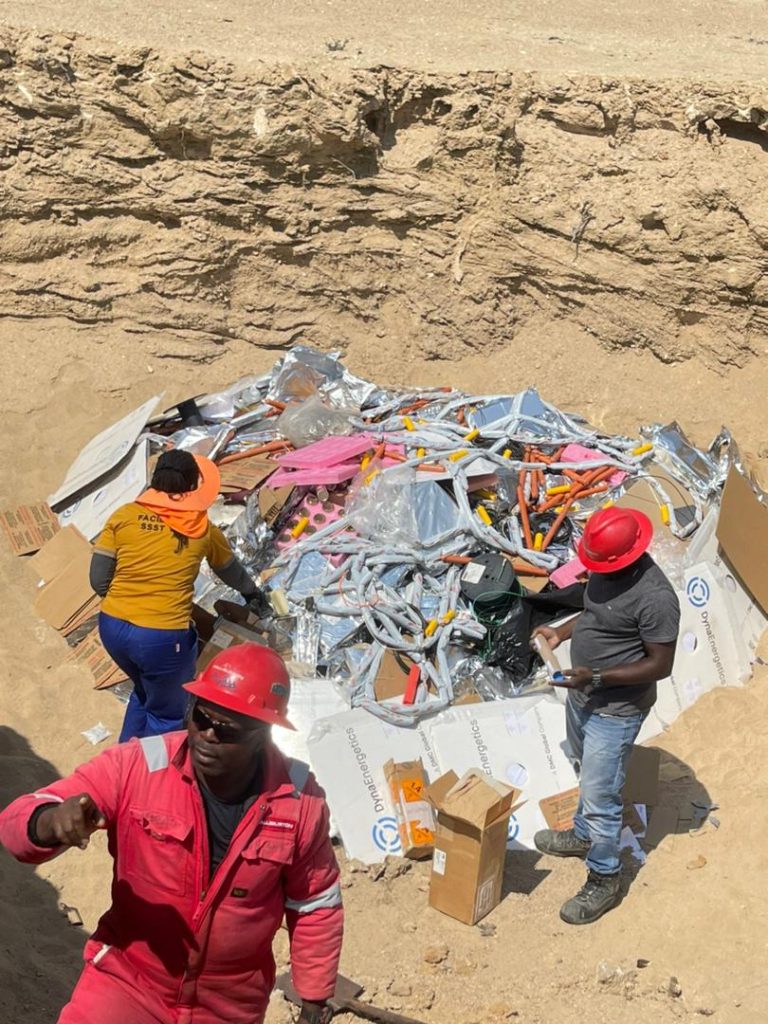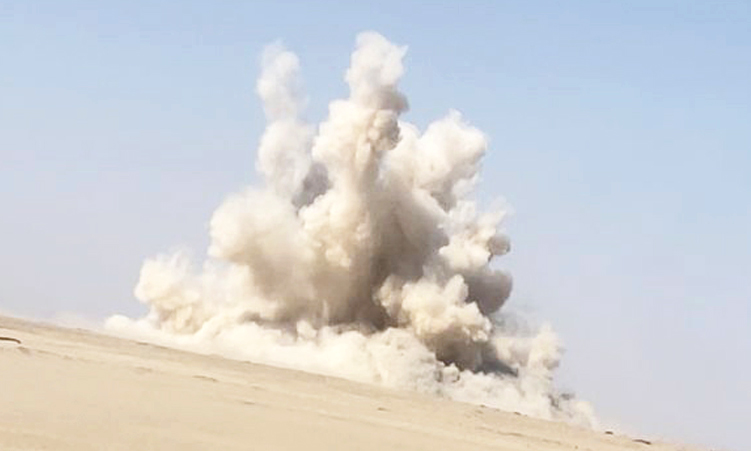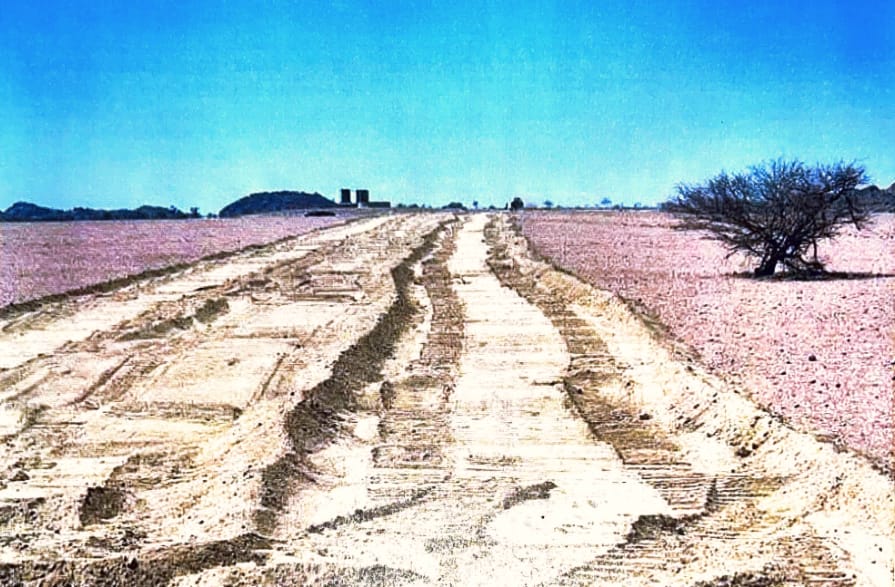The Namibian Police recently took part in the first controlled destruction of offshore and onshore explosives in the country at Walvis Bay.
Chief inspector Martha Nghipandulwa from the police’s Explosives Control Division lead the operation, which took place on 3 September.
“The operation was carried out by a three-member team at Rooikop in Walvis Bay, in the Erongo region, in strict adherence to chapters 15 and 10 of the explosives regulations,” she says.
Nghipandulwa says Namibia’s oil and gas sector has seen an increase in the use of offshore and onshore explosives, primarily for seismic surveys and other exploration activities in the sector.
“However, not all the explosives are used during the drilling process, and the remaining ones cannot be transported back to their country of origin, so they have to be destroyed locally within a specified period – some three months and others after six months.
“But the lack of experienced personnel in the private sector to safely dispose of these explosives posed a significant challenge to the industry,” she says.
Nghipandulwa is a highly qualified explosives expert.

Vibrant Upstream Services (Pty) Ltd., a registered Namibian user of explosives in Namibia’s oil sector, has failed to secure an experienced registered civil blaster to dispose of the explosives and has turned to the police for help.
As the head of the Explosives Control Division, Nghipandulwa was tasked with the groundbreaking mission to conduct the first controlled destruction of offshore and onshore explosives in the country.
“This was a highly specialised and delicate task that required meticulous planning, precise execution and a deep understanding of explosives properties and safety protocols,” she says.
The Rooikop operation involved carefully assessing the types and quantities of explosives to be destroyed, taking into account their sensitivity, stability and potential hazards, she says.
“A secure location was selected, ensuring it was isolated from populated areas and infrastructure, and once the preparations were complete, the explosives were transported to the destruction site under strict security measures.
“A controlled detonation was then carried out, using specialised equipment and techniques to minimise the risk of accidental explosions or environmental damage.
“The successful completion of the destruction exercise marked a significant milestone for Namibia,” she says.
Nghipandulwa says this demonstrated the country’s capacity to handle the challenges associated with the oil and gas industry and to ensure the safety of its citizens and environment.
Apart from receiving training locally, she was also trained in South Africa, Egypt, Tanzania, China and America on how to safely handle different explosives.
“I am safer around explosives than the ordinary person, because I can easily recognise any type of explosive and know how to handle them,” she says.
Nghipandulwa has attended the University of Namibia, the Namibia University of Science and Technology and the Kings College of London, where she obtained several degrees, diplomas and certificates.
Stay informed with The Namibian – your source for credible journalism. Get in-depth reporting and opinions for
only N$85 a month. Invest in journalism, invest in democracy –
Subscribe Now!





